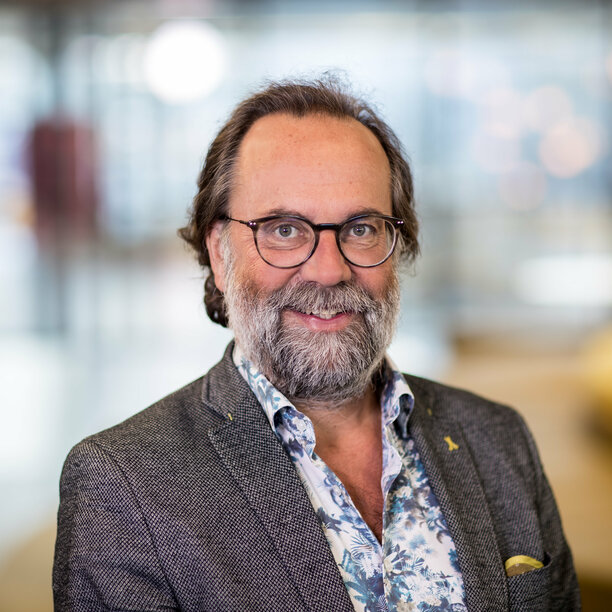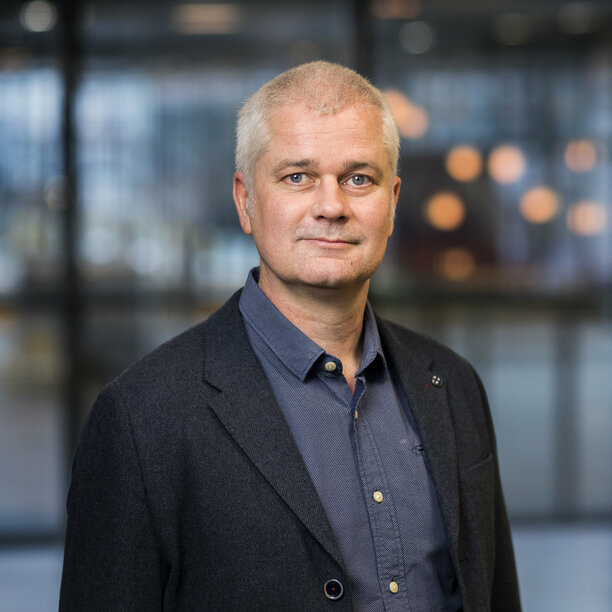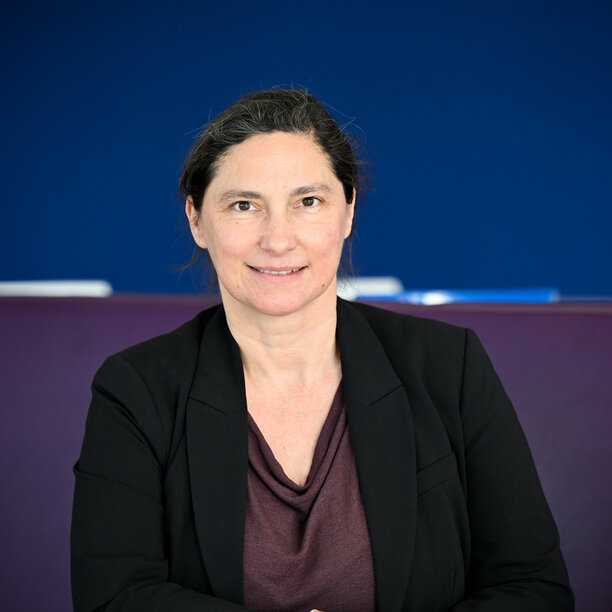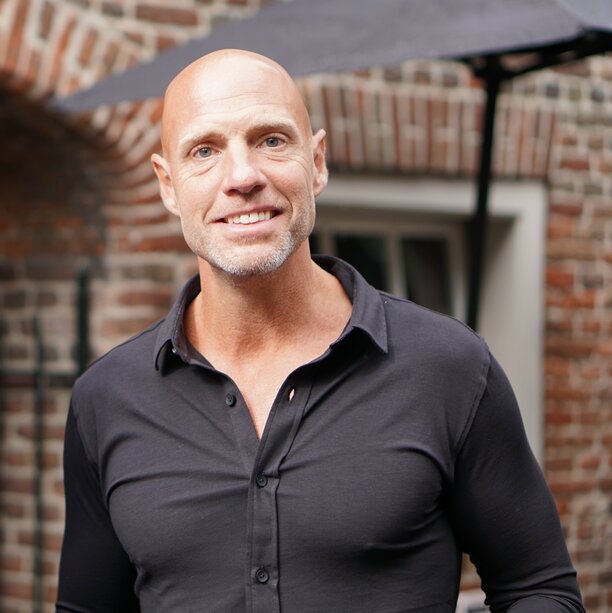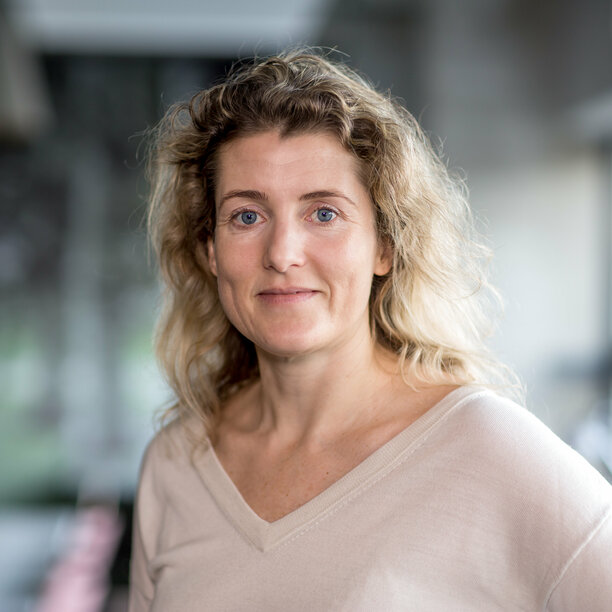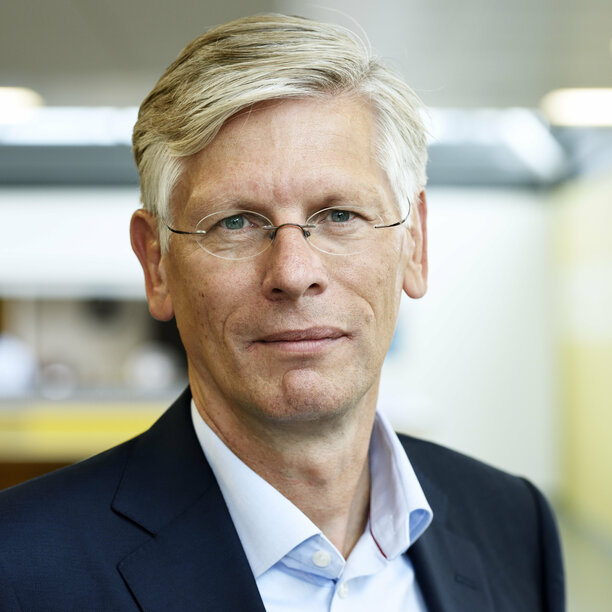Six TU/e researchers appointed fellows of the new Netherlands Academy of Engineering
The academy wants to ensure that new technological developments are employed to address critical societal issues such as sustainability, access to healthcare, and energy production.
![[Translate to English:] [Translate to English:]](https://assets.w3.tue.nl/w/fileadmin/_processed_/a/d/csm_NAE%20Banner%20image_f4bf0045cf.jpg)
In May, the Netherlands Academy of Engineering (NAE) was founded with the mission of ensuring that new technological developments are employed to address critical societal issues such as sustainability, access to healthcare, and energy production. Today, 62 fellows were formally appointed to the NAE, with six high-profile professors from TU/e: Maarten Steinbuch, Jaap den Toonder, Regina Luttge, Willem Mulder, Floor Alkemade and Frank Baaijens. Given their diverse background, the knowledge and expertise of TU/e is broadly represented in the establishment of this new Netherlands Academy of Engineering.
The Netherlands Academy of Engineering (NAE) brings together top experts active in the fields of engineering sciences, human-centered design, applied research, and development. The experts come from knowledge institutions – such as TU/e, industry, and start-ups.
Rector magnificus Silvia Lenaerts will speak at the inauguration coming Monday and fully supports the mission of NAE. “More than ever, engineers are needed to realize inclusive, responsible, and impactful technology-based innovation. Collaboration with others is necessary to arrive at innovative solutions to major social issues.
I look forward with great interest to the impact that these 62 fellows can make on the Dutch knowledge and innovation system. In particular, I congratulate our own six TU/e fellows on their appointment, who also strongly represent the breadth of our research.”
Representing the Netherlands
A selection of other countries already have their own established national Academy of Engineering, such as the Royal Swedish Academy of Engineering Sciences (IVA) and the German National Academy of Science and Engineering (Acatech).
Along with these organizations, the NAE is a member of European Council of Academies of Applied Sciences, Technologies and Engineering and the International Council of Academies of Engineering and Technological Sciences. As a result, NAE represents the Netherlands on the international state, bringing Dutch contexts to key societal issues.
Applying their expertise
Importantly, the experts appointed as NAE fellows share a passion for engineering-based innovation as a way to overcome many of our societal challenges. Their expertise in technological innovations can be applied to ensure that the latest breakthroughs can have the greatest impact on society in relation to the provision of excellent healthcare, food, clean water, housing, and sustainable energy sources. In addition, this expertise can help maintain and enhance our country’s earning capacity within the European and international context.
NAE brings together a group of fellows from diverse backgrounds who have been chosen for their prestigious track records with regards to impactful engineering-based innovation, their motivation and ability to make a difference in societal transitions, and for their objective, cross-sector and integrity. These fellows will share their expertise and skills via the NAE forum, translate insights into practical advice, and work to remove obstacles and stimulate concrete innovation initiatives.
Central topics
The central topics to be addressed by the NAE include systemic improvements to the knowledge and innovation ecosystem such as strengthening and recognizing basic engineering sciences and related human capital, valorization and attracting venture capital for startups and scaleups, effective public-private partnerships and financing.
Read more on the six TU/e NAE fellows for 2023 below.
Media contact
Latest news

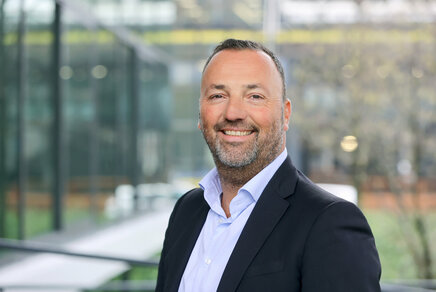
![[Translate to English:] [Translate to English:]](https://assets.w3.tue.nl/w/fileadmin/_processed_/e/0/csm_BvOF%202019_1031_BHF%20license%20TUe%20ILI%20copy_8a50884392.jpg)
